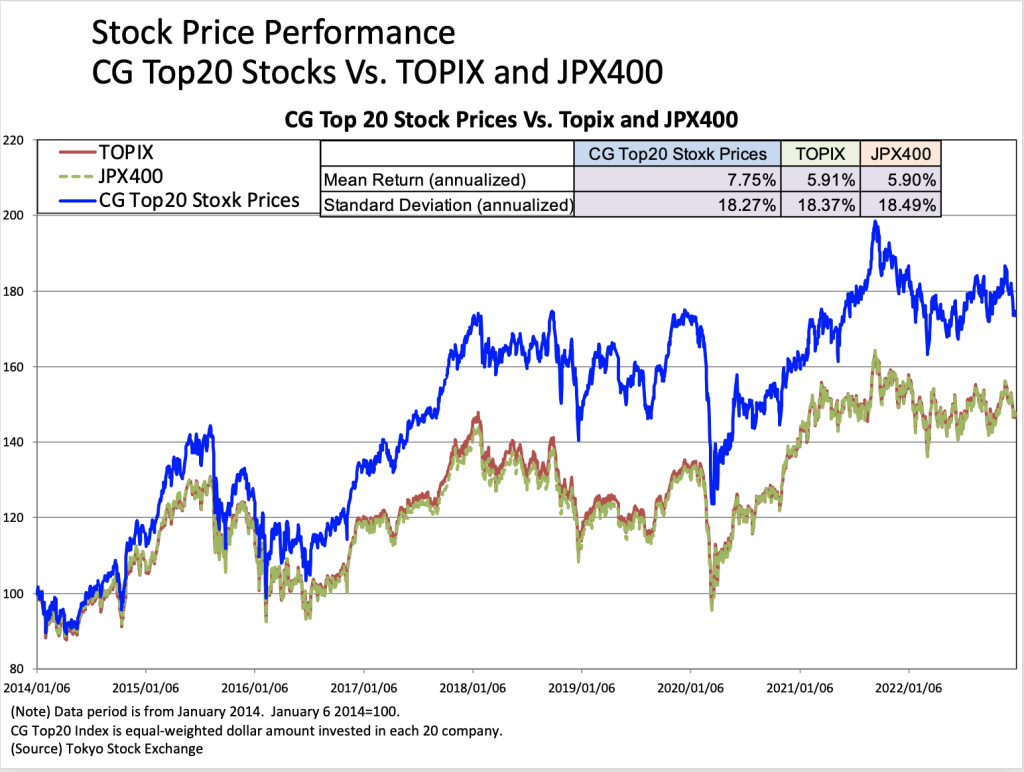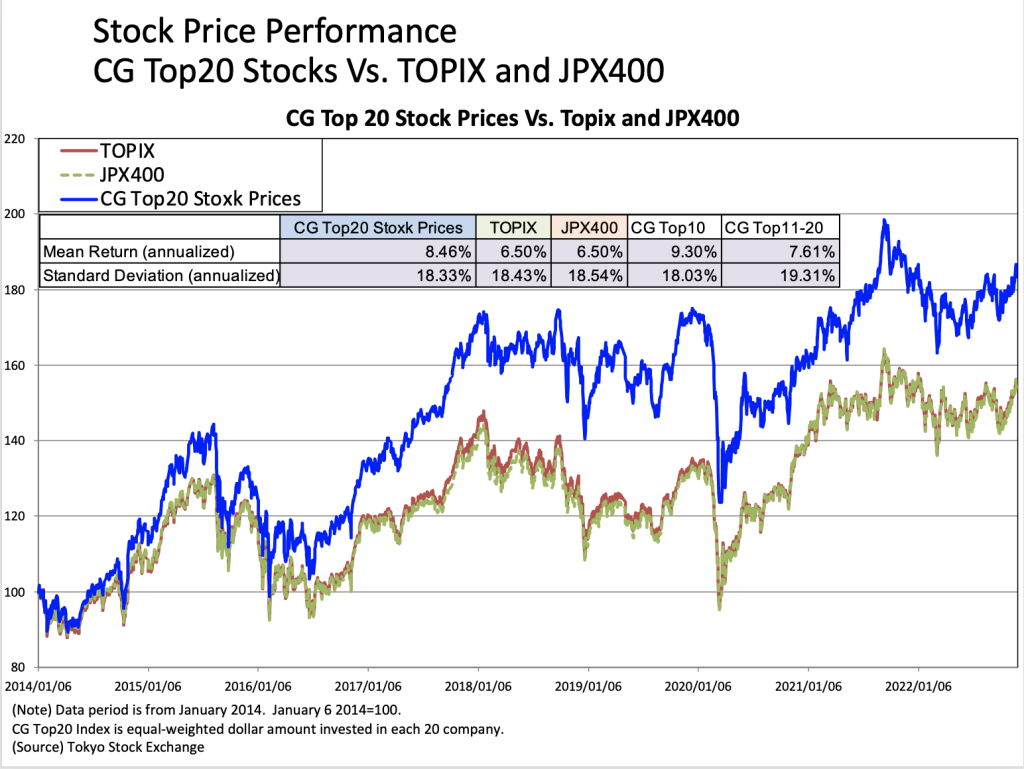The ratio of independent directors is on the rise, with the number of companies with a majority of independent directors (more than 50%) increasing to 280 out of the 1,781 companies in the Metrical Universe at the end of September 2023. I would like to examine the characteristics of companies with a majority of independent directors.
The chart below shows the number of companies in the Metrical universe with a majority of independent directors (more than 50% independent directors). Since there are less than 1,800 companies in the Metrical universe, the percentage of companies in the universe with a majority of independent directors (more than 50%) has just risen to 15.7% as of the end of September 2023, so it will take some time before a majority of companies have a majority of independent directors on their boards. It is likely to take some time before the majority of companies have a majority of independent directors on their boards. However, the number of such companies is gradually increasing.




